Since being blacklisted by the US and restricted from accessing US industry, Huawei has prioritized the development of its own operating system to replace Google's Android. On the AI front, China is also working on developing similar generative AI technology from OpenAI, as well as hardware solutions to compete with Nvidia.
The new HarmonyOS Next operating system will be used across all Huawei products, including smartphones, PCs, tablets, cars, wearables and enterprise devices. The company says its operating system has been installed on more than 900 million devices since its launch 10 years ago.
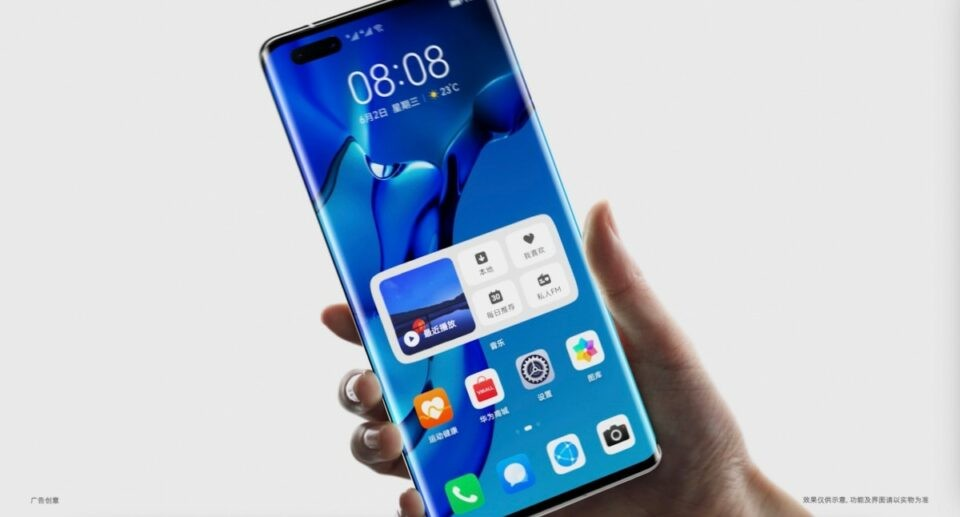
Speaking at a developer conference on June 21, Richard Yu, president of Huawei’s consumer business, said the company had seized the opportunity to leapfrog others by building a secure and controlled operating system. “ In just one decade, we have achieved some milestones that took Western countries three to four decades to achieve,” he said.
Meanwhile, the Pangu 5.0 large language model comes in four different sizes: The smallest model, which can be embedded on a smartphone; a mid-range model with up to 90 billion parameters; an “ultra” model with up to 230 billion parameters to handle complex tasks for businesses; and a “super” model with trillions of parameters, according to Huawei. The larger the parameters, the more powerful the model and the greater its ability to handle complex training tasks. Open AI’s latest GPT-4 has 1.76 trillion parameters.
Huawei also showcased humanoid robots, weather forecasting and smart manufacturing solutions, similar to what rival Nvidia did at the recent Computex show. According to Yu, Huawei is the most important alternative to Nvidia's AI computing solutions.
Huawei launched Harmony OS Next on Friday, saying the operating system can be applied seamlessly across all its devices.
When introducing HarmonyOS Next, Yu said it was “different from other operating systems out there, where each type of device needs its own platform. Harmony OS Next is one for all.” He revealed that the upcoming high-end smartphone, the Mate 70, will use the operating system later this year, with more models supporting it by 2025.
In comparison, Android and Apple iOS are used for smartphones and tablets, while Microsoft Windows and Apple's MacOS are more suitable for computers.
The Chinese tech giant also unveiled its Harmony Intelligence infrastructure to integrate AI capabilities into its devices, including its AI voice assistant Celia. Harmony Intelligence and Harmony OS Next were announced just weeks after Apple unveiled Apple Intelligence, its new AI smart toolset.
Harmony OS has become the second-largest mobile operating system in China, surpassing Apple's iOS. Harmony OS's market share reached 17.95% in the first quarter of 2024, up from 6.5% in 2022, according to research firm Canalys. Android accounted for 67.2% of the market, while iOS accounted for 14.8% in the same period. More than 1,500 of the top 5,000 apps have migrated from Android to Harmony, according to Yu.
(According to Nikkei)
Source: https://vietnamnet.vn/huawei-thach-thuc-apple-nvidia-voi-he-dieu-hanh-va-moi-ai-hinh-2294190.html








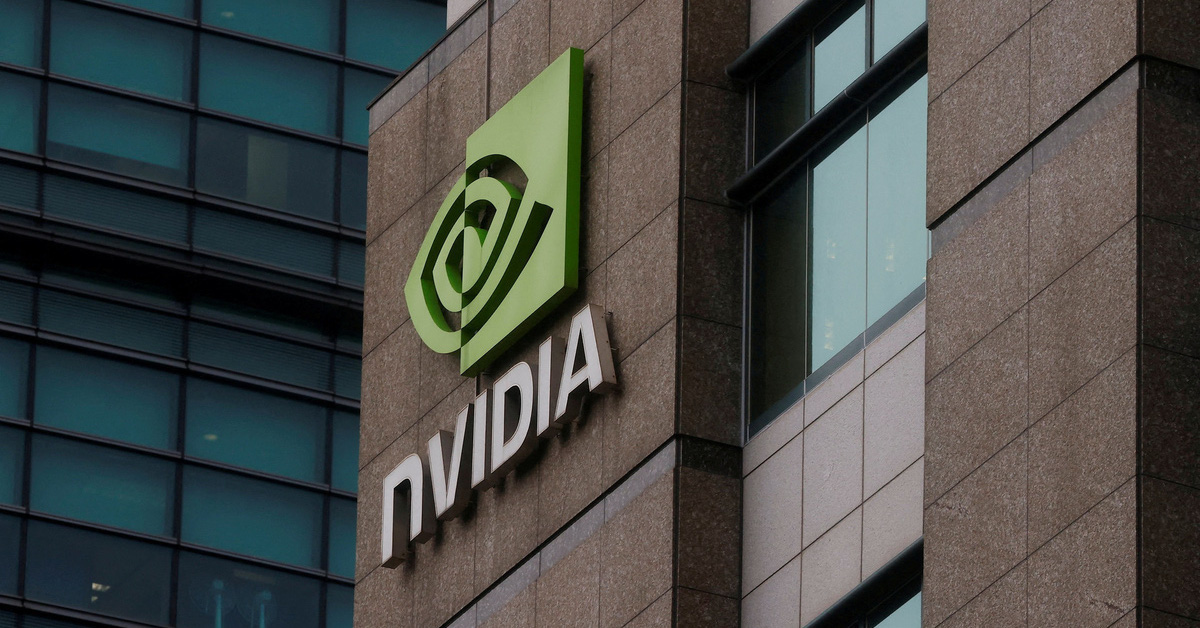

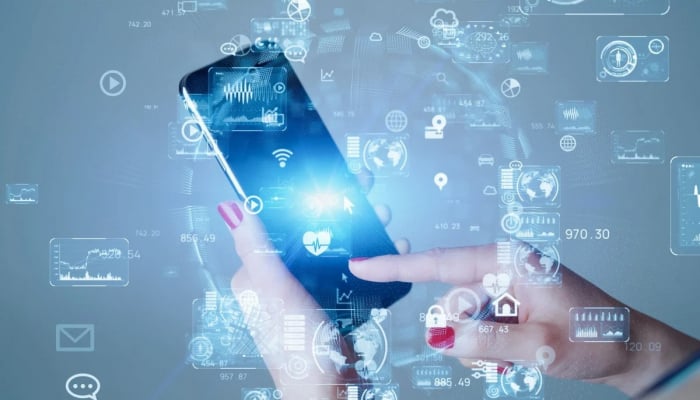



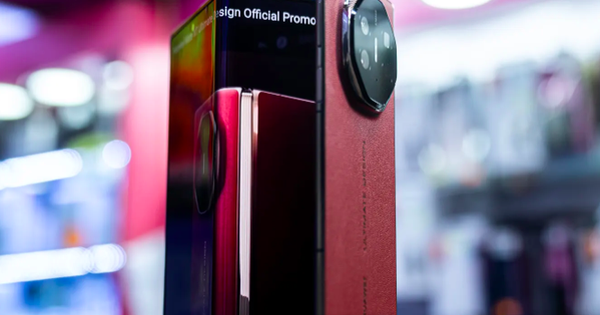

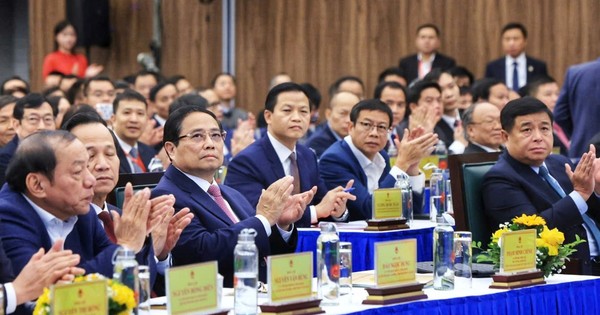

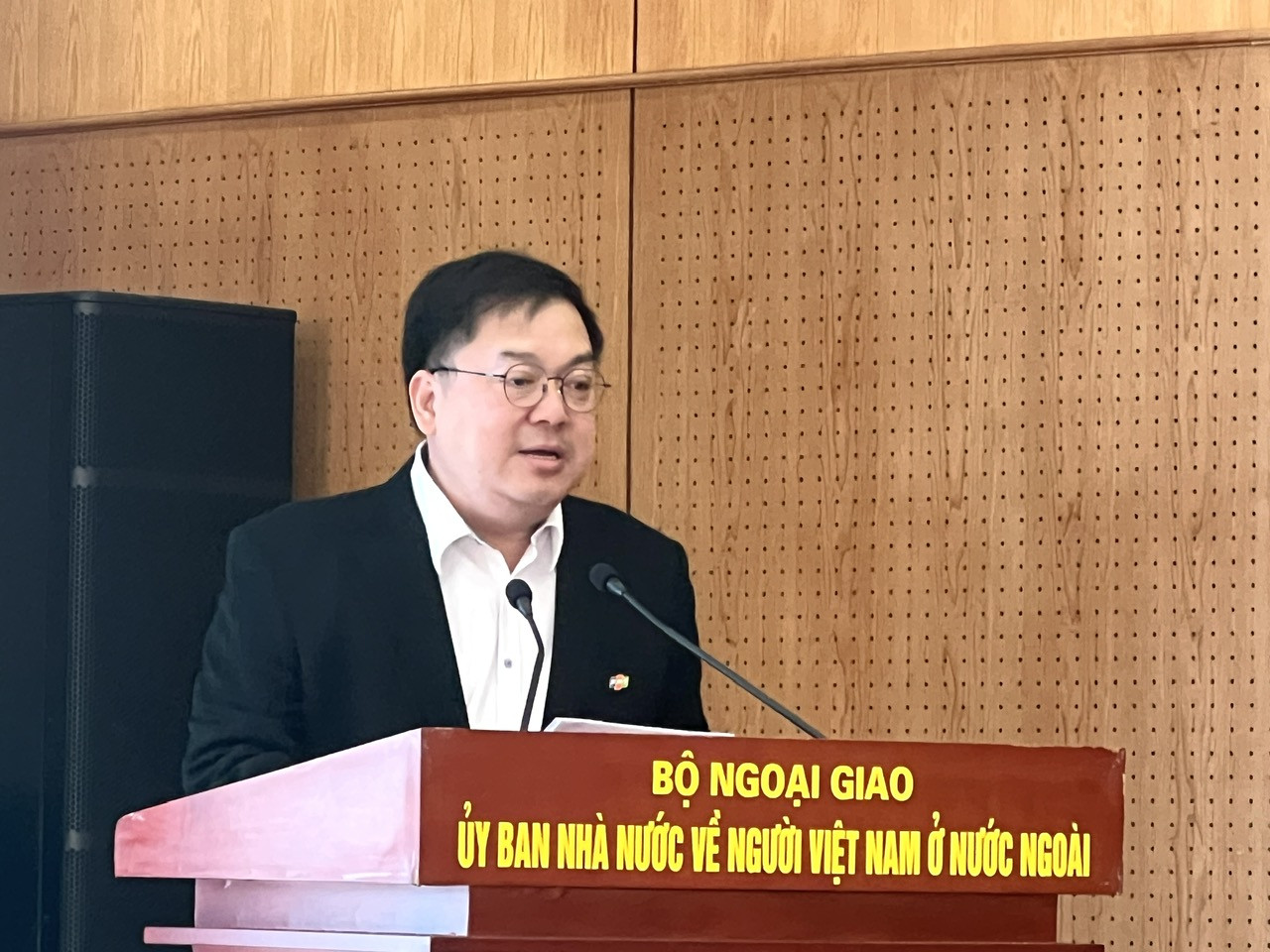
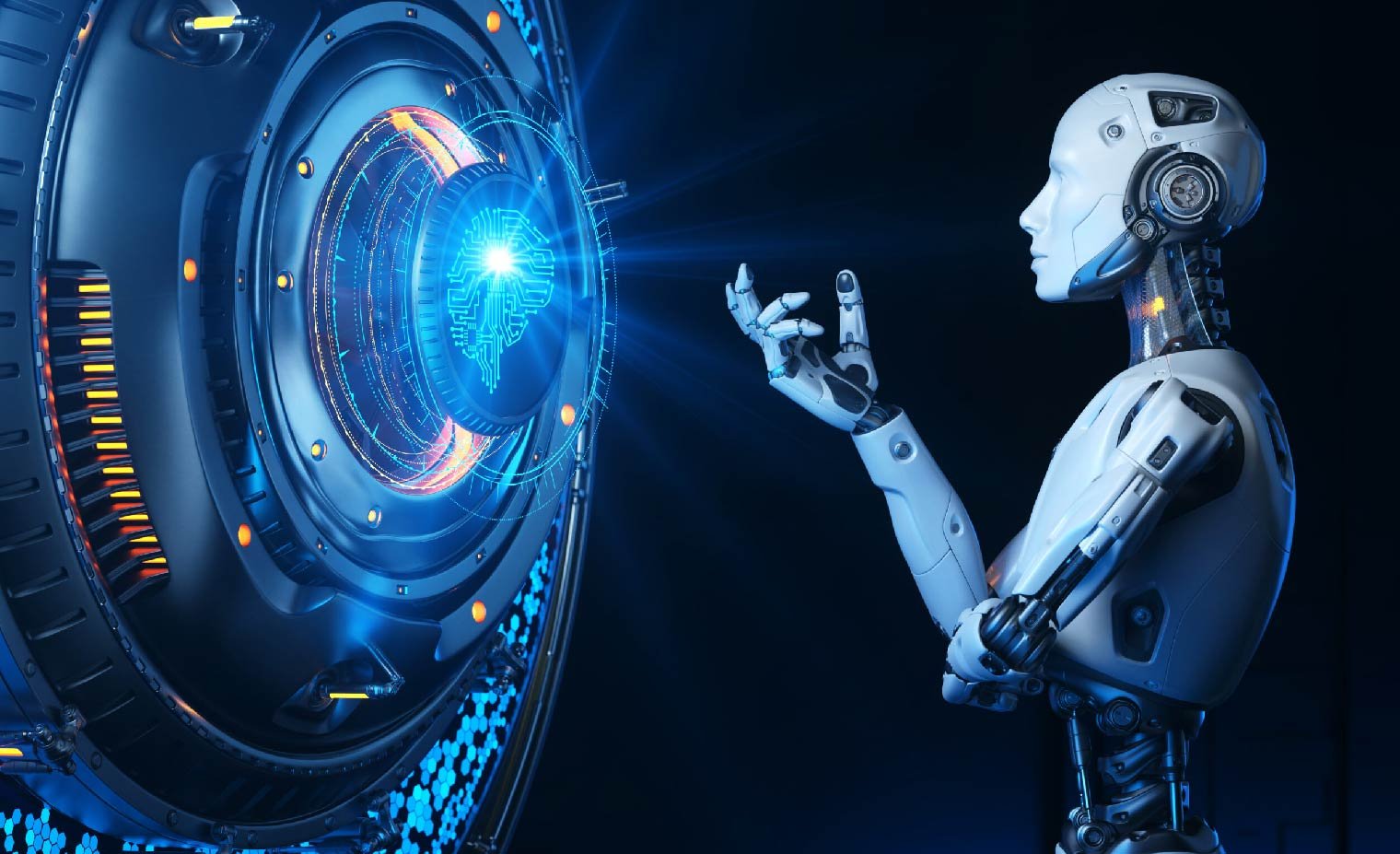
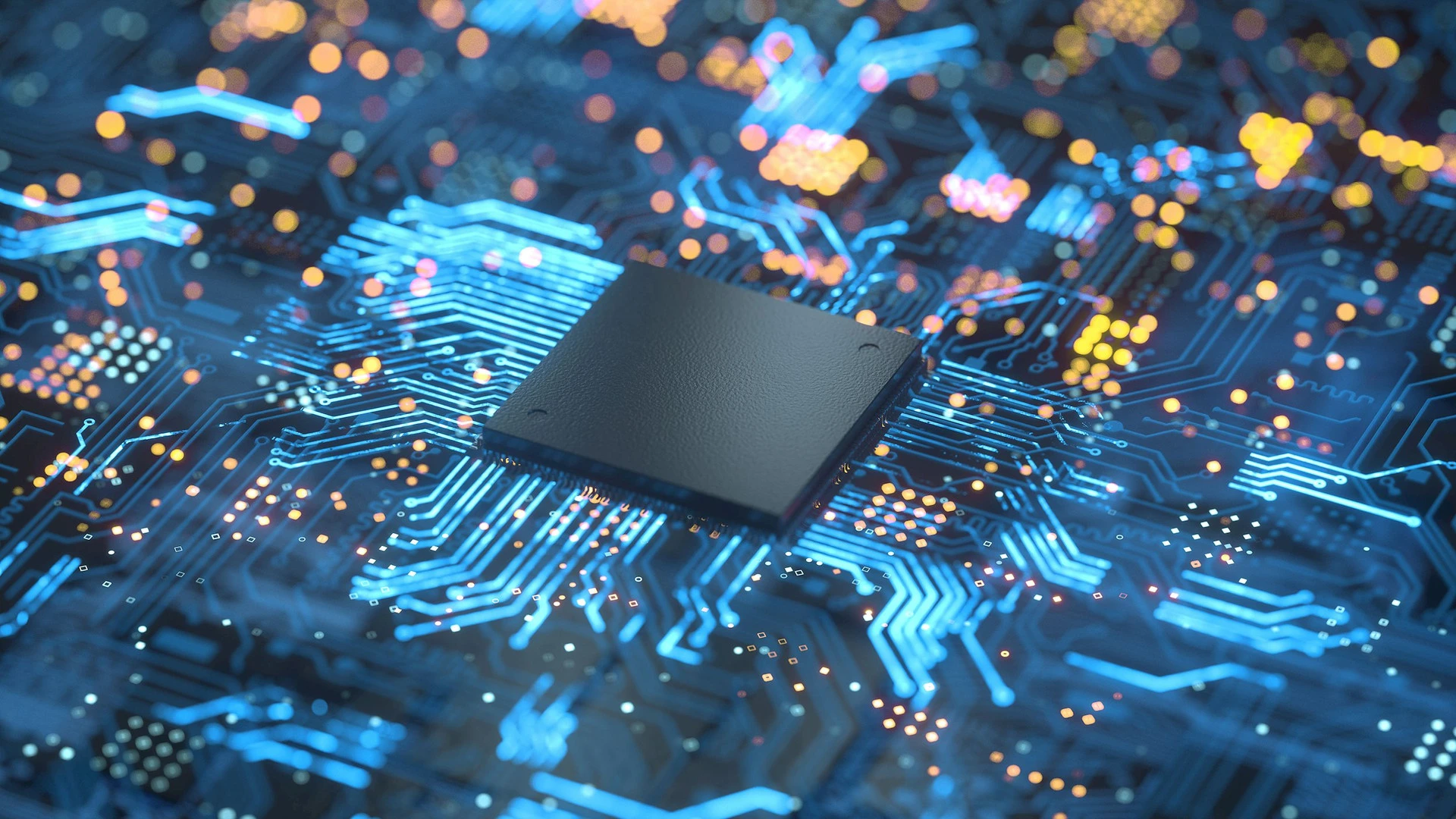


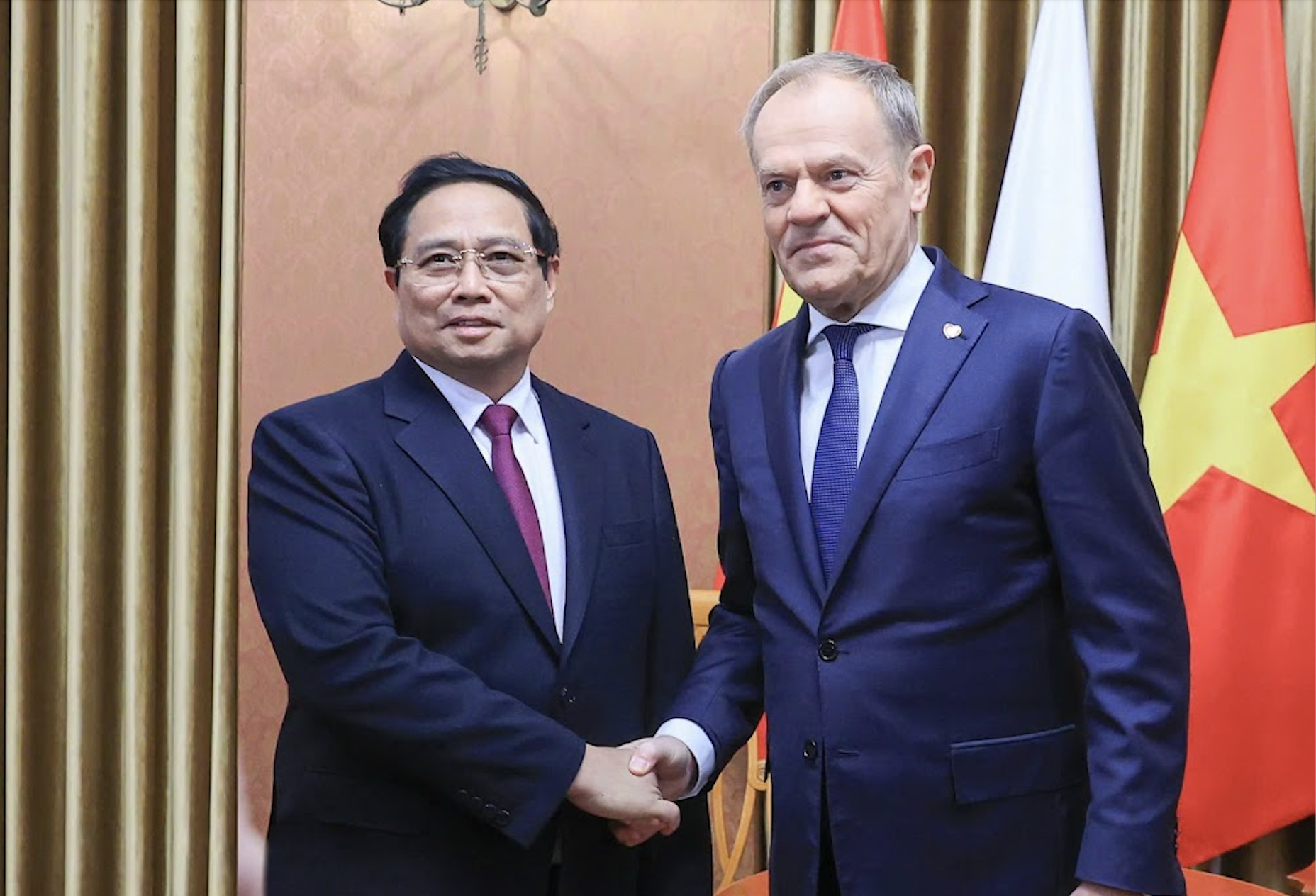

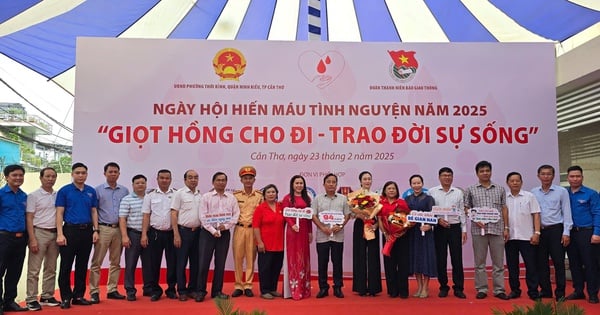



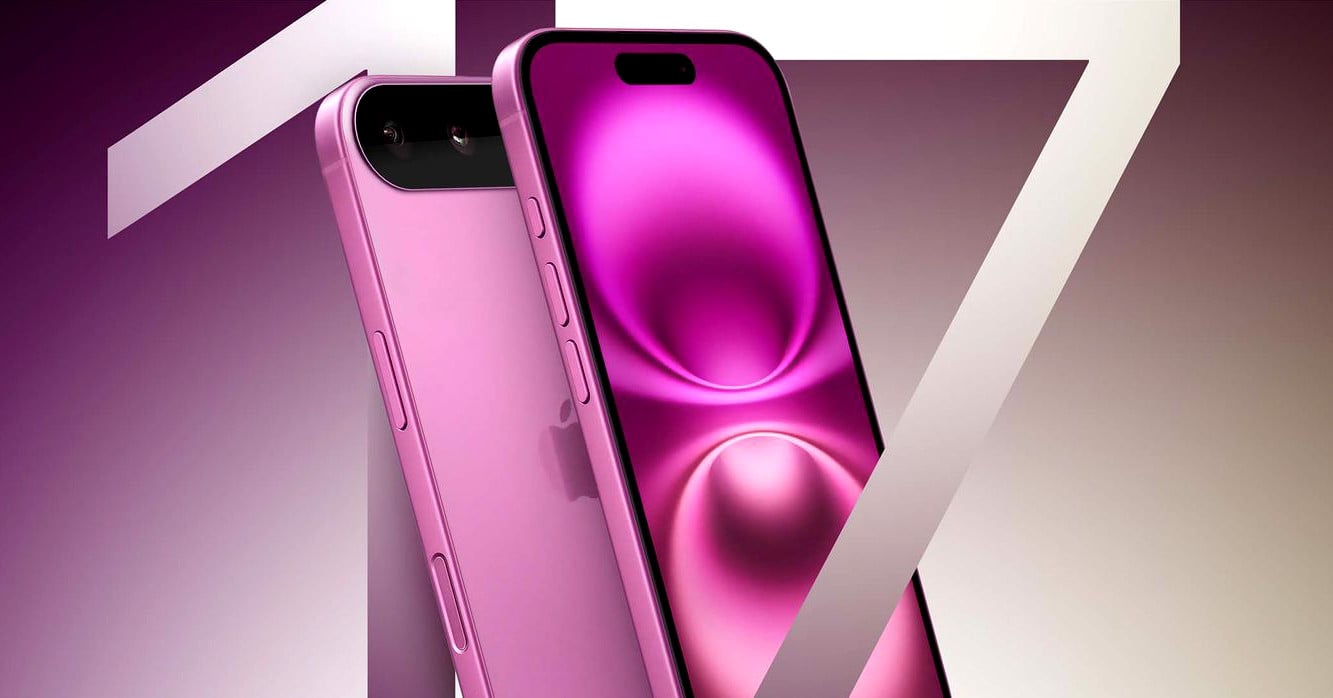
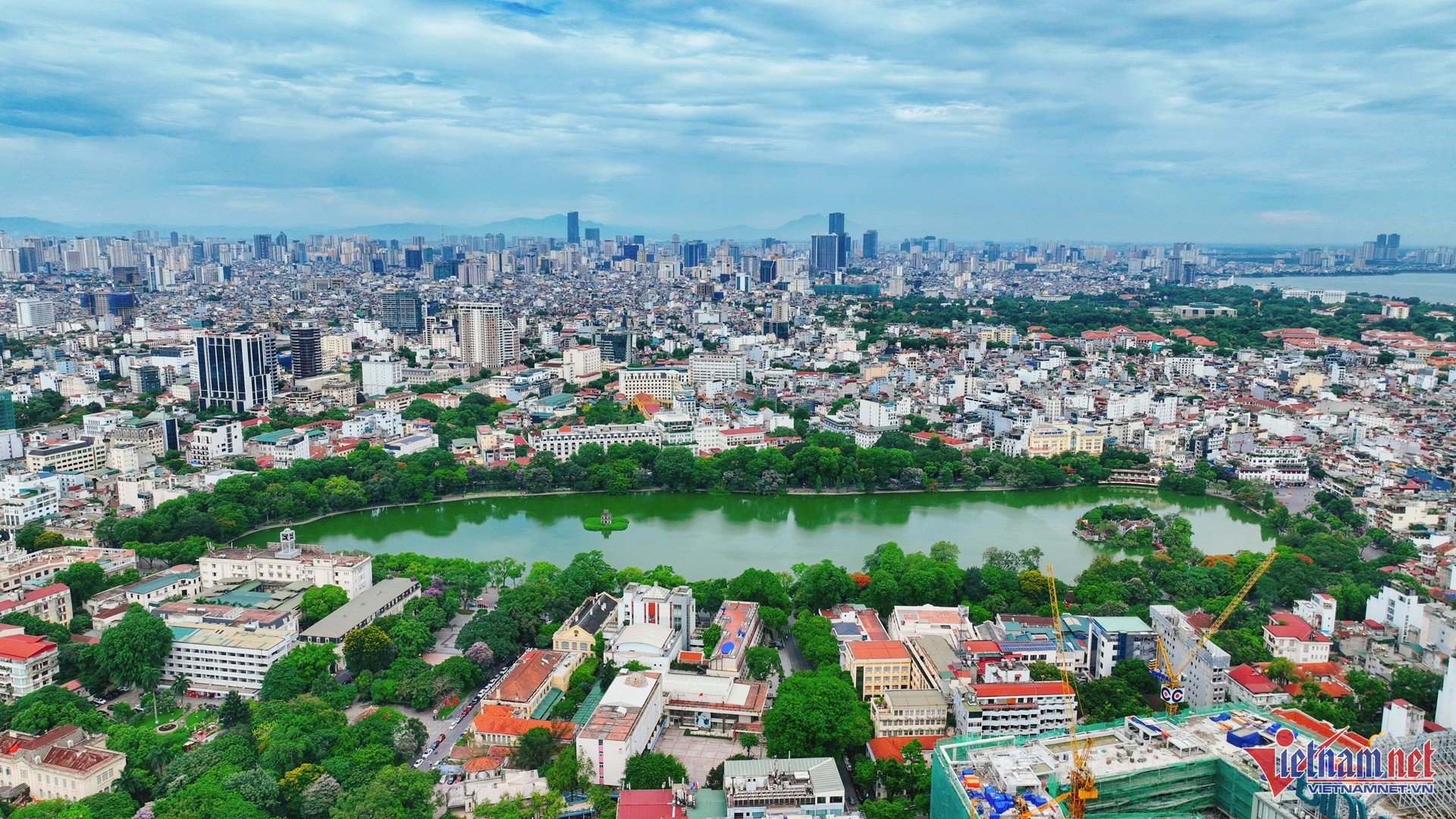



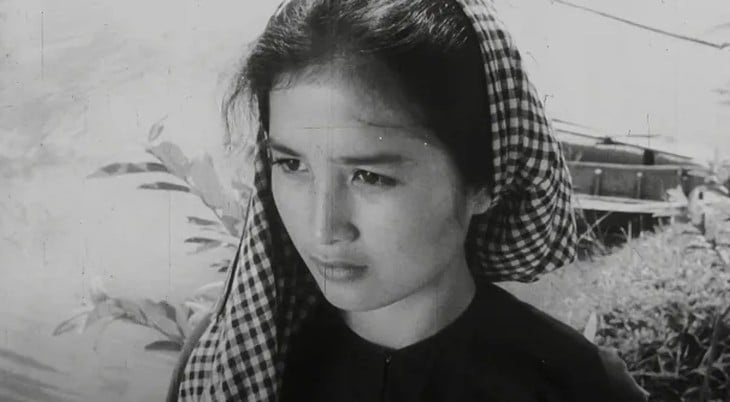


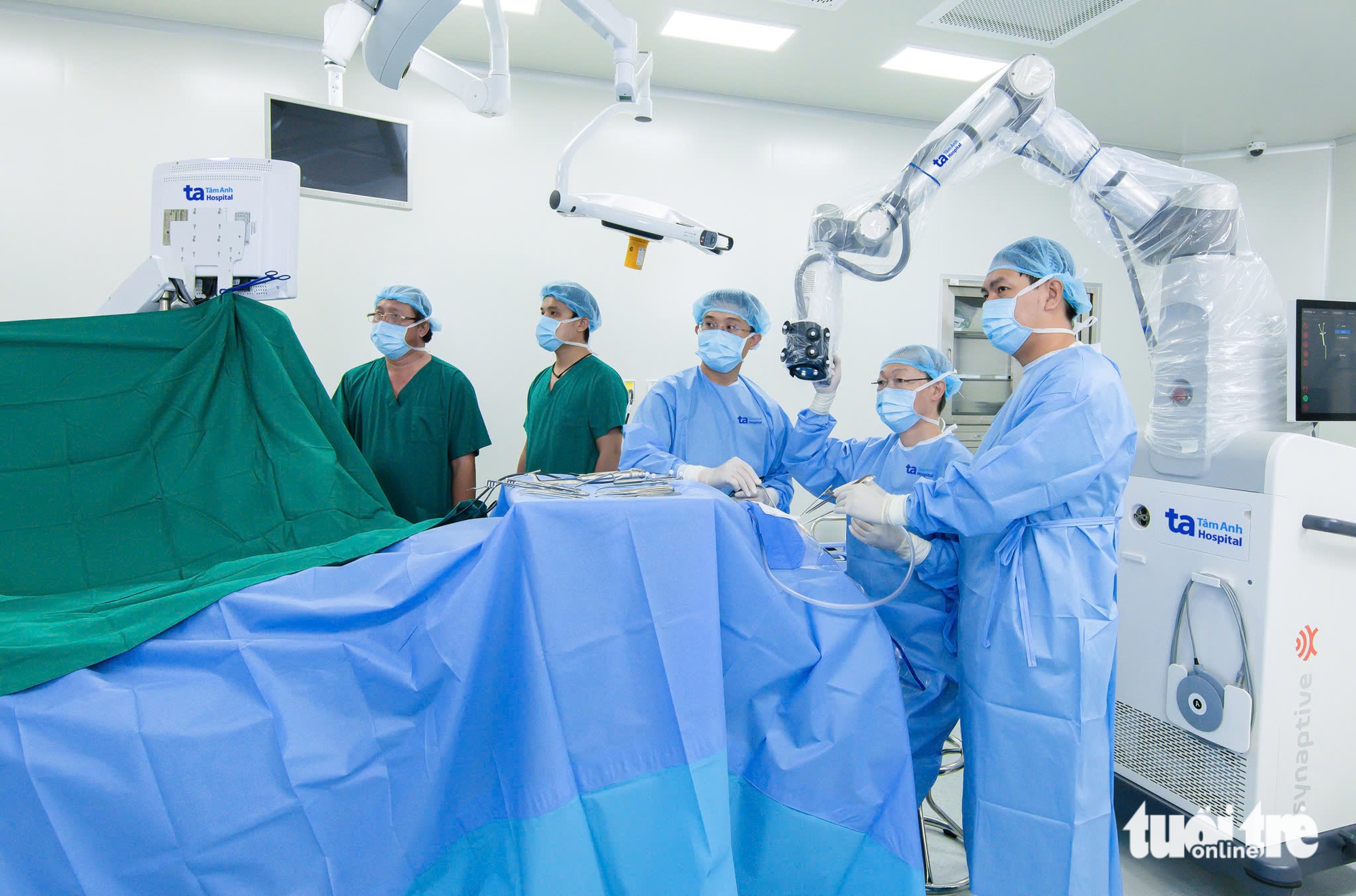

Comment (0)